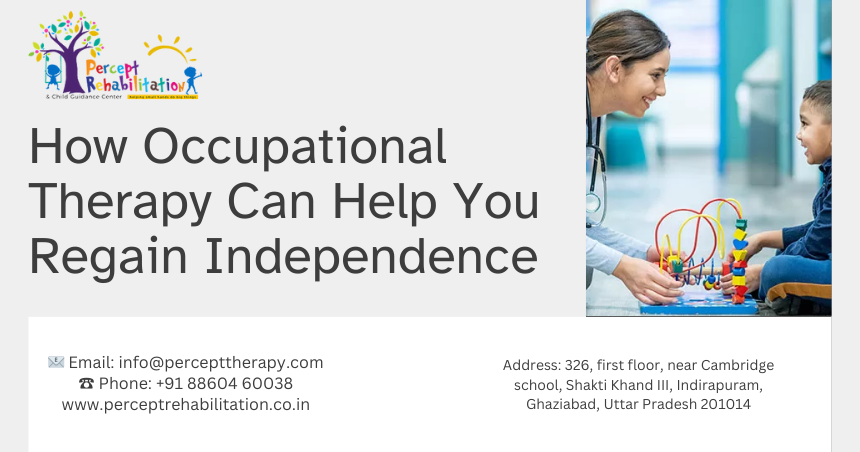Down syndrome is a genetic condition that can impact a person’s development in various ways. Occupational therapy (OT) plays a vital role in helping individuals with Down syndrome achieve greater independence and improve their quality of life. Occupational therapists (OTs) are skilled professionals who work with individuals of all ages to improve their ability to perform activities of daily living (ADLs) such as dressing, bathing, eating, and grooming. They can also help with instrumental activities of daily living (IADLs) like managing finances, preparing meals, and using transportation.
How Occupational Therapy Benefits Individuals with Down Syndrome
Occupational therapy can address a variety of challenges faced by individuals with Down syndrome. Here are some key areas where OT can make a difference:
- Fine motor skills: OTs can help children with Down syndrome develop the fine motor skills needed for tasks such as writing, grasping objects, and buttoning clothes. This may involve exercises, adapted tools, and strategies to improve hand dexterity and coordination.
- Gross motor skills: Gross motor skills such as walking, running, and jumping may also be addressed in occupational therapy. OTs can design activities to improve balance, coordination, and overall strength. This can have a significant impact on a child’s ability to participate in physical activities and explore their environment.
- Sensory processing: Some individuals with Down syndrome may experience sensory processing challenges. OTs can assess these challenges and develop strategies to help them manage sensory input more effectively. Sensory integration techniques might be used to address sensitivities or under-responsiveness to certain sights, sounds, or textures.
- Daily living skills: Occupational therapists can help individuals with Down syndrome develop the skills they need to live independently. This may include tasks like dressing, bathing, preparing meals, and managing household chores. OTs can also recommend adaptive equipment to make daily activities easier and safer.
- Social participation: Occupational therapy can help individuals with Down syndrome develop the skills they need to participate in social activities and build meaningful relationships. This may involve practising social interaction skills, communication strategies, and appropriate behaviour in different settings.
Working with Families and Caregivers
Occupational therapists understand the importance of family involvement in a patient’s care. They work collaboratively with families and caregivers to provide education, training, and support. This empowers families to continue the therapeutic strategies at home and ensure a consistent approach to helping their loved one with Down syndrome reach their full potential.
Beyond the Physical: Mental Health and Cognitive Skills
Occupational therapy doesn’t just focus on physical skills. OTs can also address mental health and cognitive skills. For example, they can help individuals with Down syndrome develop coping mechanisms for anxiety or stress, improve their memory and focus, or develop problem-solving skills. These interventions can contribute to a person’s overall well-being and ability to participate in meaningful occupations.
Occupational Therapy Across the Lifespan
The benefits of occupational therapy extend across the lifespan of individuals with Down syndrome. Pediatric occupational therapy focuses on helping children develop the skills they need to thrive in school and social settings. Geriatric occupational therapy can assist adults with Down syndrome in maintaining their independence as they age and adapt to any physical or cognitive changes. This might involve modifying their home environment, recommending assistive devices, or developing strategies to manage chronic conditions.
Conclusion
Occupational therapy is a valuable resource for individuals with Down syndrome and their families. By providing a holistic approach that addresses physical, cognitive, social, and emotional needs, OTs can empower individuals with Down syndrome to live more independent, fulfilling lives.
If you have a loved one with Down syndrome, consider reaching out to Percept Rehabilitation Center. Our experienced occupational therapist, Dr. Neetu Solanki, can assess their individual needs and develop a personalized treatment plan to help them achieve their goals. Contact us today at 08860460038 or info@percepttherapy.com to learn more about how occupational therapy can make a difference. You can also locate us on Google Map.


